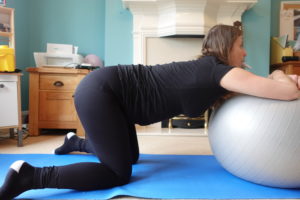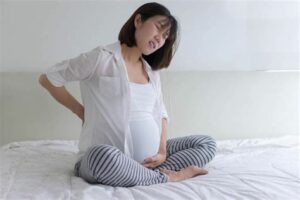Baby & Child motor development Primitive Reflexes
From birth, your baby already has a set of “primitive reflexes”. It means they perform movement automatically without thinking about it (an example for adults: we remove automatically our hand when we burn ourselves). These reflexes can be triggered by different stimuli:- Grasping reflex: as you put a finger inside your baby’s hand he should hold firmly into it
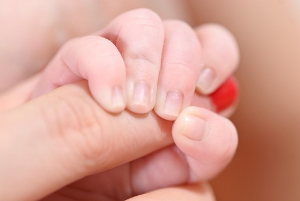
- Moro reflex: if you baby has the impression to fall, it head is unsupported when you lift him (obviously don’t try it!) or if he’s startled by a sudden noise this reflex can be triggered. In this case, your infant will perform 3 consecutive actions: 1° spreads his arms 2° pulls his arms in 3° cries
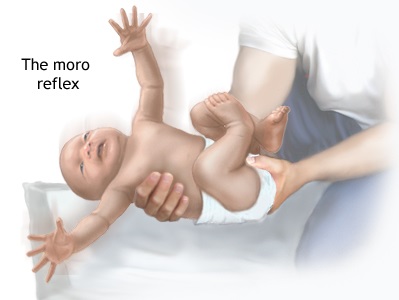
- Suction reflex: when you touch your baby cheek, your infant should automatically turn his head on the same side and his lips be looking for something to suck. Similarly, inserting a finger or a dummy in your baby mouth should trigger a suction reflex, lips closing strongly. Obviously, this reflex is very important for feeding.
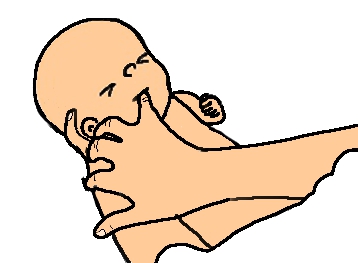
- Automatic walk reflex: It is one of the funniest! Yes, a new-born tries to walk! If you hold firmly your baby under his armpit to stabilise his spine, he should stand straight and push with his legs. By tilting him forward, he may even do some steps on his tip toes (more difficult)
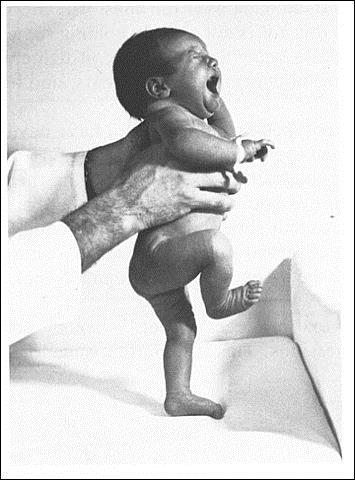
These are the main primitive reflexes we look at when we evaluate the correct motor development of a new-born. There are more of them but the presence of a couple of them is already a sign of a good development.
Primitive reflexes remain for the first few months of your baby life but slowly disappear from the second month.
If you have any doubt concerning your infant motor development, report it to your GP or ask your paediatric physiotherapist to perform a full motor development check-up.


